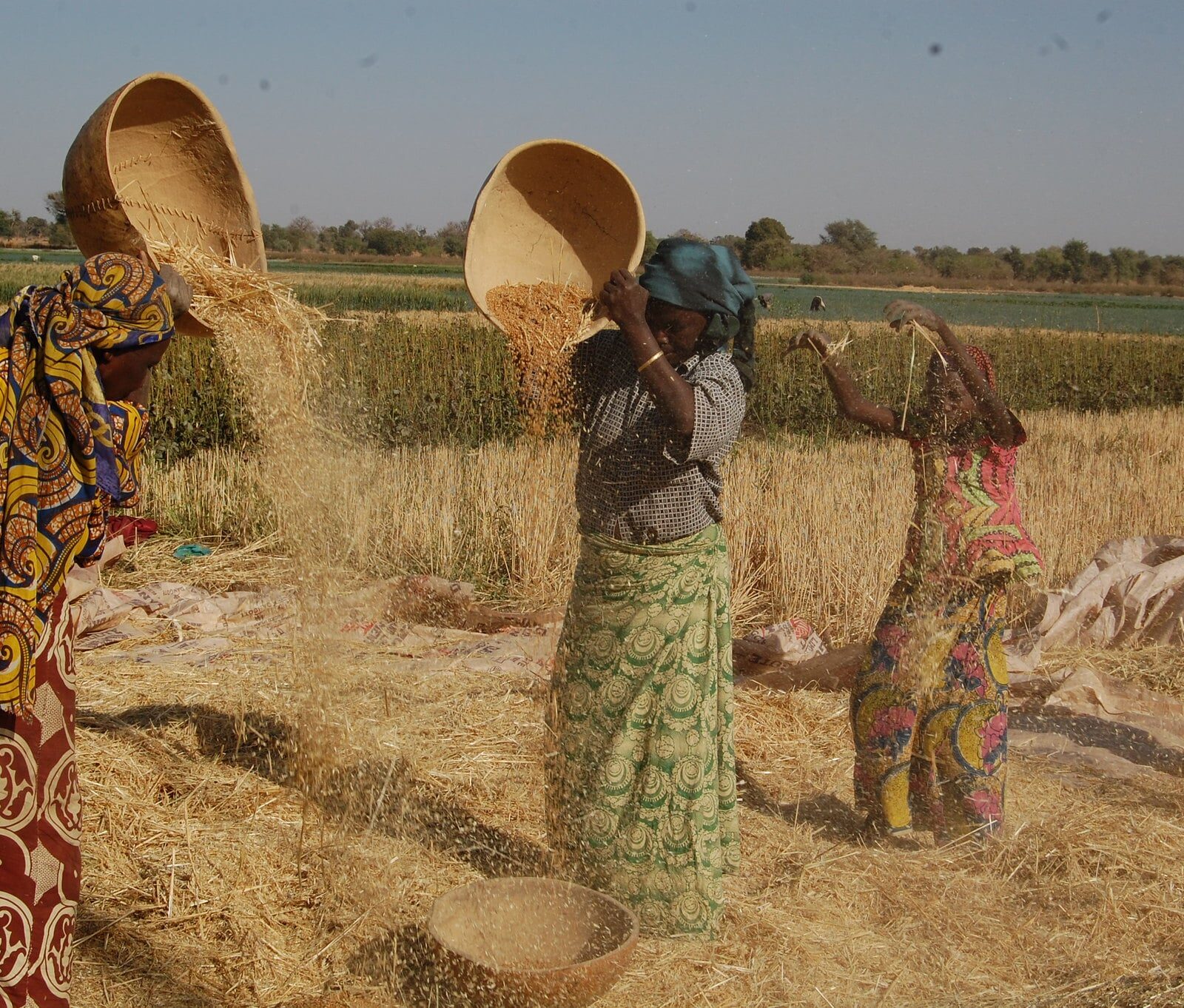About the policy dialogues
Economic growth in Africa has not translated into employment creation. While African economies grew by an estimated annual rate of about 6%, employment in wage-paying jobs increased by only 0.4% between 2004 and 2012. This pattern of jobless growth negates the ‘Africa rising’ narrative. A study facilitated by PASGR in Nigeria on wage employment creation in agriculture and agro-processing sectors found that politics and the pursuit of narrow interests by key actors are major hindrances to employment creation. The study suggests building a large coalition of interest groups to promote employment creation in the two sectors. As part of efforts to turn research evidence into policy action, PASGR and the National Institute for Legislative Studies are facilitating the development and implementation of a policy-knowledge community of practice, called Utafiti Sera, on wage employment in agriculture and agro-processing in Nigeria.
Partners
- Federal Ministry of Agriculture and Rural Development
- Federal Ministry of Industry
- Federal Ministry of Labour and Productivity
- Senate and House Committee on Agriculture,
Industry and Employment/ Labour Matters - Farmers Association (rice farmers and cotton
growers) - Millers Association
- Women in Agriculture
- Textile Manufacturers Association
- CSOs/NGOs, foundations
- Bank of Industry
- Bank of Agriculture
- Central Bank of Nigeria (CBN)
- African Leadership Forum (ALF)
- Nigeria Incentive-Based Risk-Sharing for Agriculture Lending (and more)
